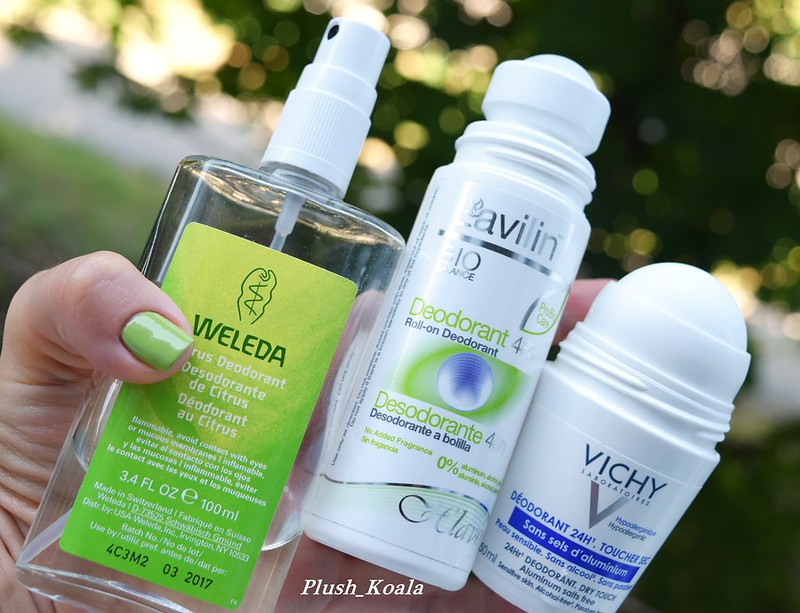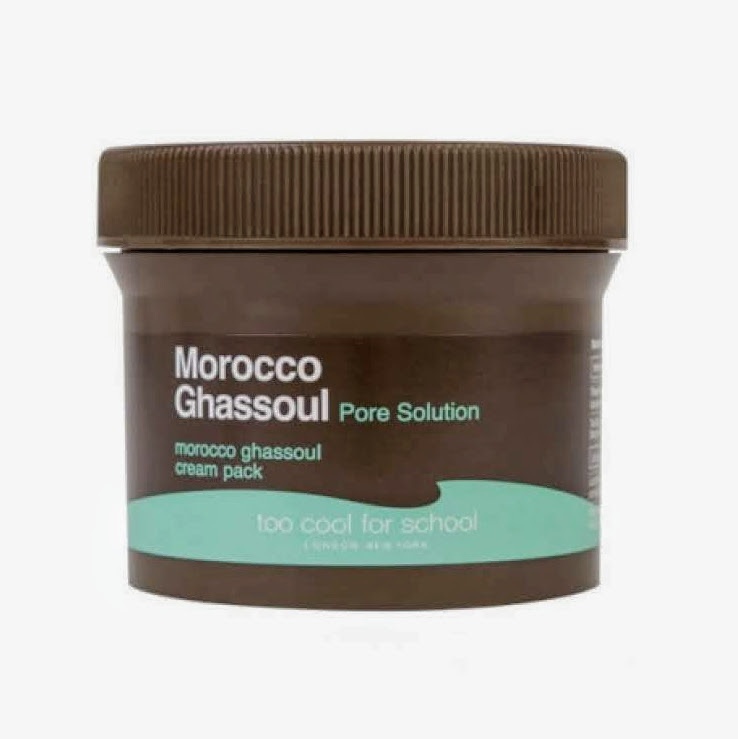
Aluminum-free antiperspirants: what do they contain and how effective are they? Facts and myths
Content
- Traditional antiperspirant - can it be replaced?
- Aluminum - why do antiperspirant manufacturers use it?
- Aluminum - how does it affect the body?
- Natural aluminum-free antiperspirant - what does it contain?
- An effective antiperspirant without aluminum - what should be in it?
- Aluminum-free antiperspirant - facts and myths
- #1 Antiperspirant without aluminum salt is not as effective as containing it
Aluminum free antiperspirant is becoming an increasingly popular type of product in this category on the market. Is its effectiveness as high as that of traditional ones, with a slightly worse composition for health? Check out our little compendium of knowledge for the facts and myths about aluminum-free antiperspirants.
As consumer awareness of harmful ingredients in cosmetics rises, so does the number of products advertised as natural that hit the market. They should be a response to the needs of people for whom composition comes first. At the same time, manufacturers are trying to offer solutions that still attract potential consumers with their aroma.
Traditional antiperspirant - can it be replaced?
Not so long ago, when looking for a natural antiperspirant that would not contain aluminum and other potentially harmful components, one often had to resort to handmade products. The ubiquitous presence of aluminum in the composition of antiperspirants and deodorants is due to the main property of this ingredient. However, it is a mistake to believe that there is no alternative to it. Just try an aluminum-free antiperspirant to see if it still does its job of preventing excessive sweating. First, let's explain why aluminum is in antiperspirants at all.
Aluminum - why do antiperspirant manufacturers use it?
Aluminum (Al), or aluminum, is an element that is quite common in cosmetics, especially in the antiperspirant and deodorant category. It is definitely not a natural ingredient and is not associated with health in the beginning. Intuition in this case is right - aluminum can negatively affect the human body at different levels. So why are manufacturers so eager to use it?
First of all, because they want their product to be as effective as possible. We expect an antiperspirant to do its job and prevent sweating. And it is aluminum compounds that have sweat-blocking properties. The aluminum in deodorants penetrates the sweat glands, reducing perspiration. However, one can ask - since we apply it to the skin, does it pose any threat to us? Unfortunately, yes - because aluminum enters the body through the skin, accumulating in the tissues and causing various health effects.
Aluminum - how does it affect the body?
First of all, aluminum can cause disturbances in thermoregulation. It also has a damaging effect on skin cells. There are also a number of other health effects that have either been proven or are currently being researched. The carcinogenic effect attributed to aluminum is one of the most important. Aluminum, like the parabens also found in many antiperspirants, has been found to mimic the effects of estrogens associated with the development of breast cancer. Many government organizations involved in cancer prevention emphasize that there is insufficient evidence linking aluminum to breast cancer, but the possibility should be considered.
Another health consequence of high aluminum absorption may be an increased risk of developing Alzheimer's disease. Have you heard the advice not to add lemon to a cup of tea that still has a tea bag in it? During this activity, aluminates are formed, which are expected to increase the likelihood of Alzheimer's disease. Not surprisingly, they are also associated with the use of antiperspirants.
Natural aluminum-free antiperspirant - what does it contain?
For those who are looking for a different solution, there is an alternative to cosmetics containing this potentially harmful substance - aluminum-free antiperspirant. What is it based on? The composition of individual cosmetics may vary depending on the brand and type of product. First of all, it is worth noting that aluminum-free natural antiperspirants contain practically no components that block perspiration, so they should basically be called deodorants. This solution is more beneficial for our body, because the toxins that are excreted from it with sweat find a way out.
An effective antiperspirant without aluminum - what should be in it?
A natural antiperspirant should contain natural ingredients to stop the formation of bad breath caused by bacteria. They can suppress their development or regulate the composition of the bacterial flora of the skin, such as clay. There's a reason this ingredient is so commonly used in cosmetics - regulating sebum secretion and bacterial flora makes it effective not only in antiperspirants but also in anti-stain face masks.
Other antimicrobial compounds found in these types of deodorants are:
- zinc ricinoleate,
- colloidal silver,
- Activated carbon.
What else can be included in the composition of such a cosmetic product? The most common are essential oils, herbal extracts and hydrosols, which guarantee a pleasant texture and aroma.
Aluminum-free antiperspirant - facts and myths
Many myths have arisen around this type of product. We will try to collect them here and discuss them in detail in order to dispel any doubts that an antiperspirant or deodorant without aluminum can cause.
#1 Antiperspirant without aluminum salt is not as effective as containing it
FACT: If you are a person who sweats a lot, especially in stressful situations that cause the smell of sweat, you cannot be XNUMX% satisfied with the effectiveness of such a product. In case of heavy sweating, it is worth looking for other solutions.
#2 An effective antiperspirant must contain aluminum
MYTH: With normal perspiration, an aluminum-free deodorant will definitely work, allowing the skin to be cleansed of toxins, as well as preventing bad odors from bacterial growth. Then there is no need for a blocking agent.
#3 Aluminum is bad for health
FACT: As we have detailed above, aluminum has a number of harmful properties, although research on its incompletely proven carcinogenic potential is still ongoing. Not to mention the fact that blocking sweat in itself does not have a positive effect on the body, disrupting thermoregulation and blocking the release of toxins.
If you want to read more beauty articles, be sure to visit our passionate beauty page.
/ Olena Yakobchuk
